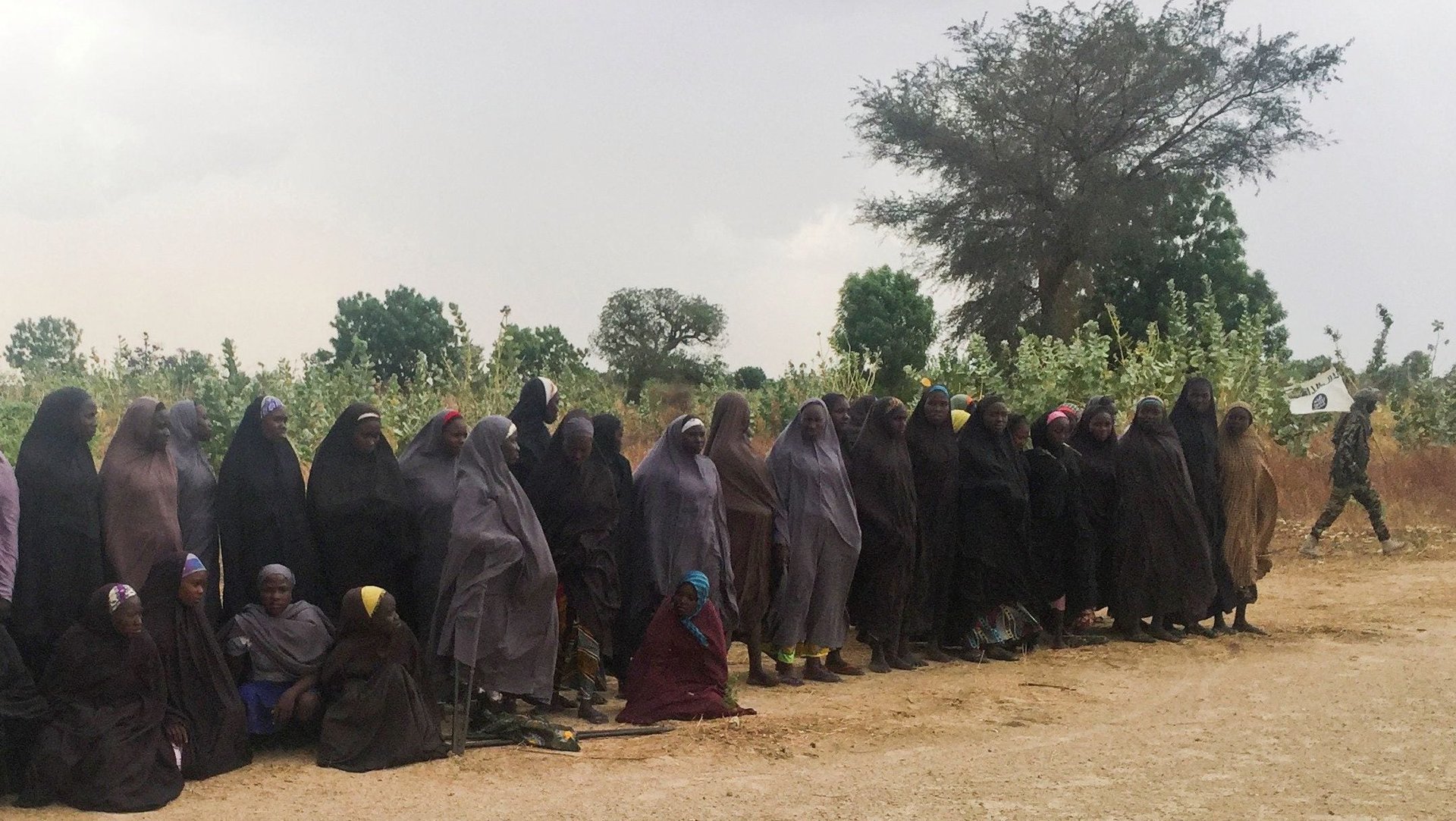The coldblooded murder of a young Red Cross nurse by Boko Haram is a reminder of its menace
Just as Nigerians were beginning to believe the worst was starting to get behind them, the terrorist group Boko Haram issued a chilling reminder of its potency.


Just as Nigerians were beginning to believe the worst was starting to get behind them, the terrorist group Boko Haram issued a chilling reminder of its potency.
The group executed Hauwa Liman, a nurse with the International Committee of the Red Cross (ICRC). Liman was abducted in March in Rann, a town in Nigeria’s troubled northeast. She was abducted alongside two other aid workers, Saifura Ahmed and Alice Ngaddah. Ahmed was executed by Boko Haram in September. The group has claimed it will also execute Ngaddah in a month.
“This is bad news for the women, daughters and mothers of Nigeria,” Patricia Danzi, ICRC regional director for Africa told the BBC. She said ICRC spent weeks appealing to the terrorist group to let the two young ladies go, to no avail. “We reached out beyond Nigeria, beyond Africa, to make sure that every possible stone is not left unturned to avert the course of action.”
While Boko Haram’s activities had started to fade somewhat from the national and international collective consciousness in recent years, the group had continued with smaller, but deadly attacks, in the north east region. The case of the kidnapped nurses had however recaptured the imagination of Nigerians. People are appalled that workers who had risked their lives to help former victims of Boko Haram at internally displaced persons (IDP) camps are now themselves victims of the terrorist group.
The Nigerian government says it did “did everything any responsible government should do” to prevent the killing. For its part, Boko Haram reportedly claims their messages to the government were ”ignored.”
The Nigerian government under president Muhammadu Buhari has largely been more effective at winning back territory occupied by Boko Haram, including its Sambisa forest stronghold. Normalcy has slowly returned in some parts of the northeast where thousands had been displaced since the insurgency began in 2009. The government has also rescued and secured the release of hundreds of abductees, notably including some of the Chibok girls kidnapped in April 2014.
But the government has also appeared too eager to declare victory in the war against the terrorist group despite contrary evidence. In an interview with the BBC last June, Nigeria’s army chief claimed Boko Haram had been “defeated” even though the group had killed over 200 civilians in the first half of the year.